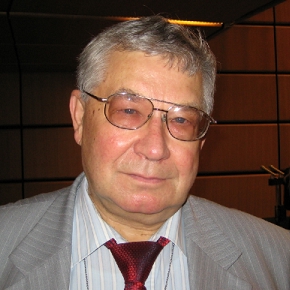 |
||
|
Scientists Say Clear Plan Needed for Fukushima Decontamination RIA Novosti, PUBLISHED 18.08.2014 The Japanese authorities need to come up with a clear decontamination plan for areas that have been affected by the Fukushima disaster so that more people can return to their homes faster, Junko Nakanishi, a leading expert on chemical risk assessment told The Japan Times. “Somebody has to find a common ground where people can return to their homes as early as possible. We need to set a goal for radiation...But no politician, bureaucrat or expert seems to make such suggestions,” Nakanishi was quoted as saying by the paper Sunday. The Fukushima Daiichi nuclear power plant experienced a meltdown in March 2011 after it was struck by a tsunami. The plant’s operator TEPCO (Tokyo Electric Power Company) is still in the process of cleaning up and dismantling damaged reactors and the thousands of spent fuel rods that are still emitting radiation. Topics: NPP Fukushima Daiichi Other news: Rosatom Says Has Enough Uranium for a Century Rosatom is in the second place by Uranium reserves in the world. Ex-TEPCO Executives to Face Criminal Charges Over Fukushima Disaster The decision of the 11-member public panel concerns Tsunehisa Katsumata, chairman of TEPCO at the time of the disaster, and two former vice presidents – Sakae Muto and Ichiro Takekuro. Russian, Chinese Companies Sign Memorandum to Build Floating Nuclear Plants The memorandum was signed by Dzhomart Aliev and CNNC New Energy President Tianlin Qian. |
Hero of the day 
The ISTC Responsible Science Program and Subprogram Culture of Nuclear Nonproliferation The dual-use nature of nuclear technology consisting in the potential for its application equally in peaceful and military sphere is the basic contradiction for the existing nuclear nonproliferation regime and comprehensive development of the nuclear power and nuclear fuel cycle. INTERVIEW
Jerry Hopwood OPINION
Joint Plan of Action |

